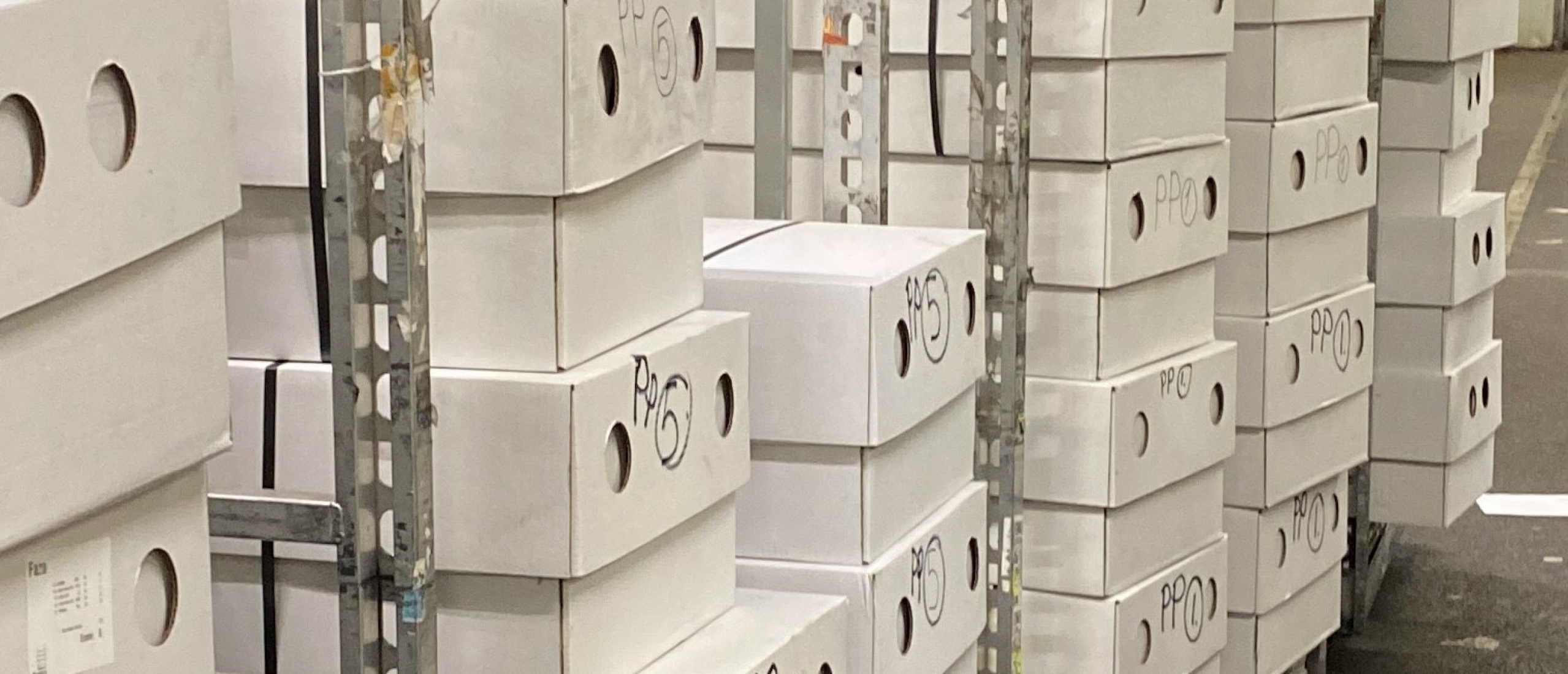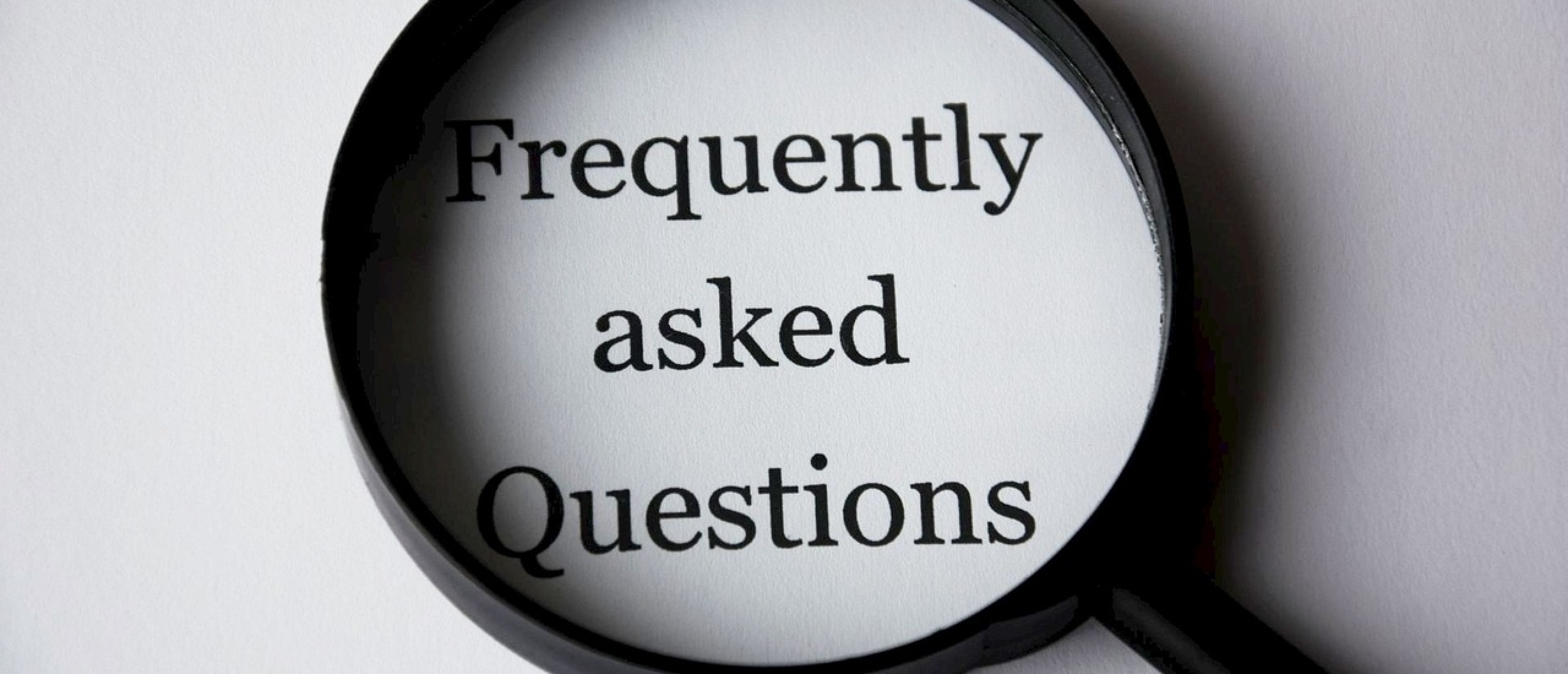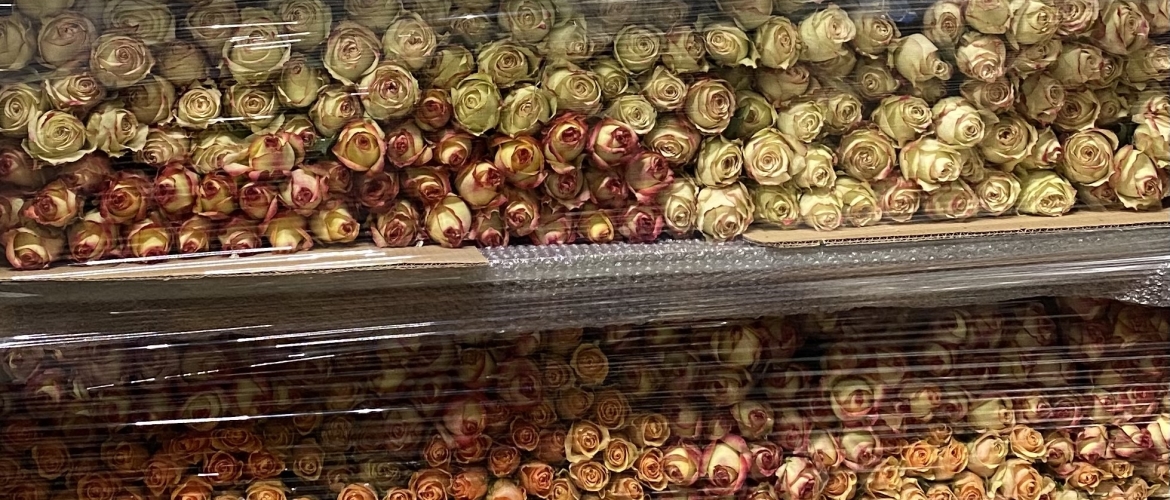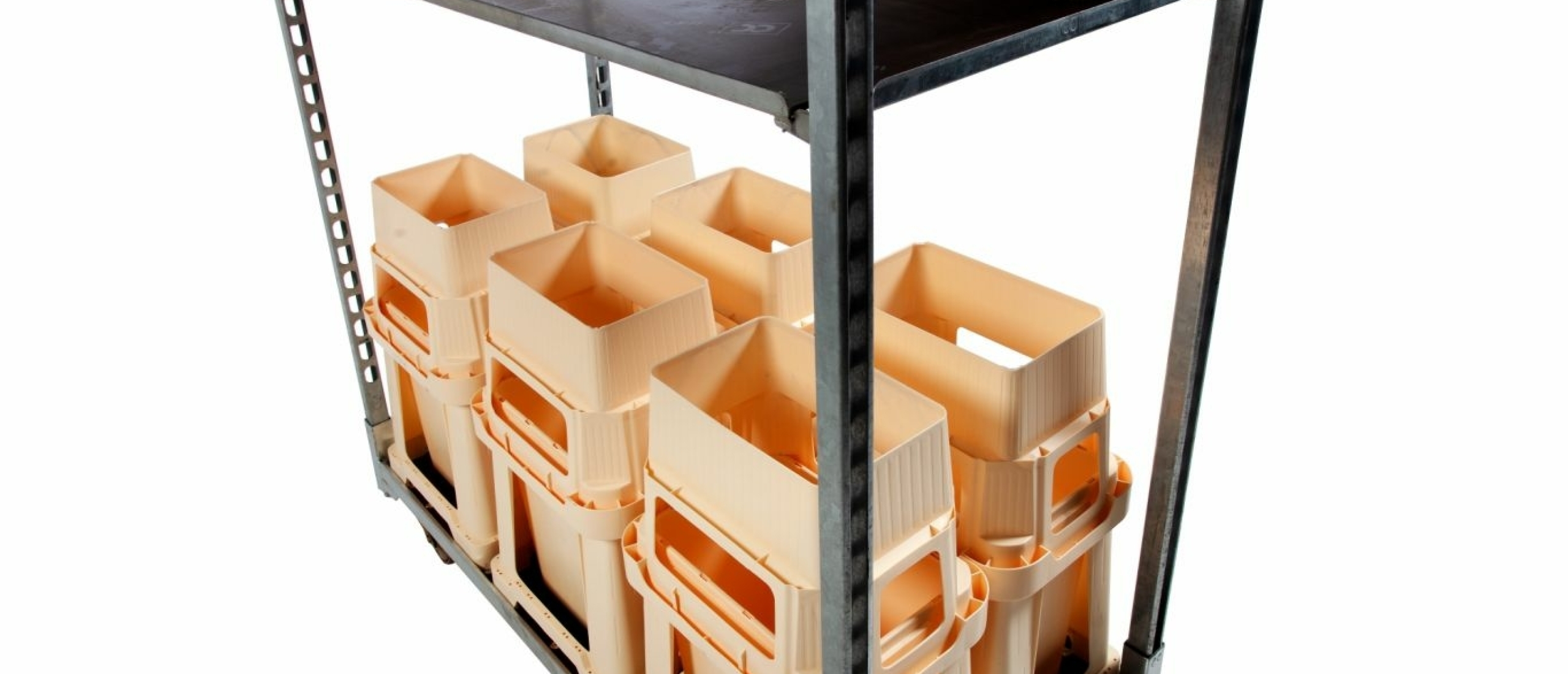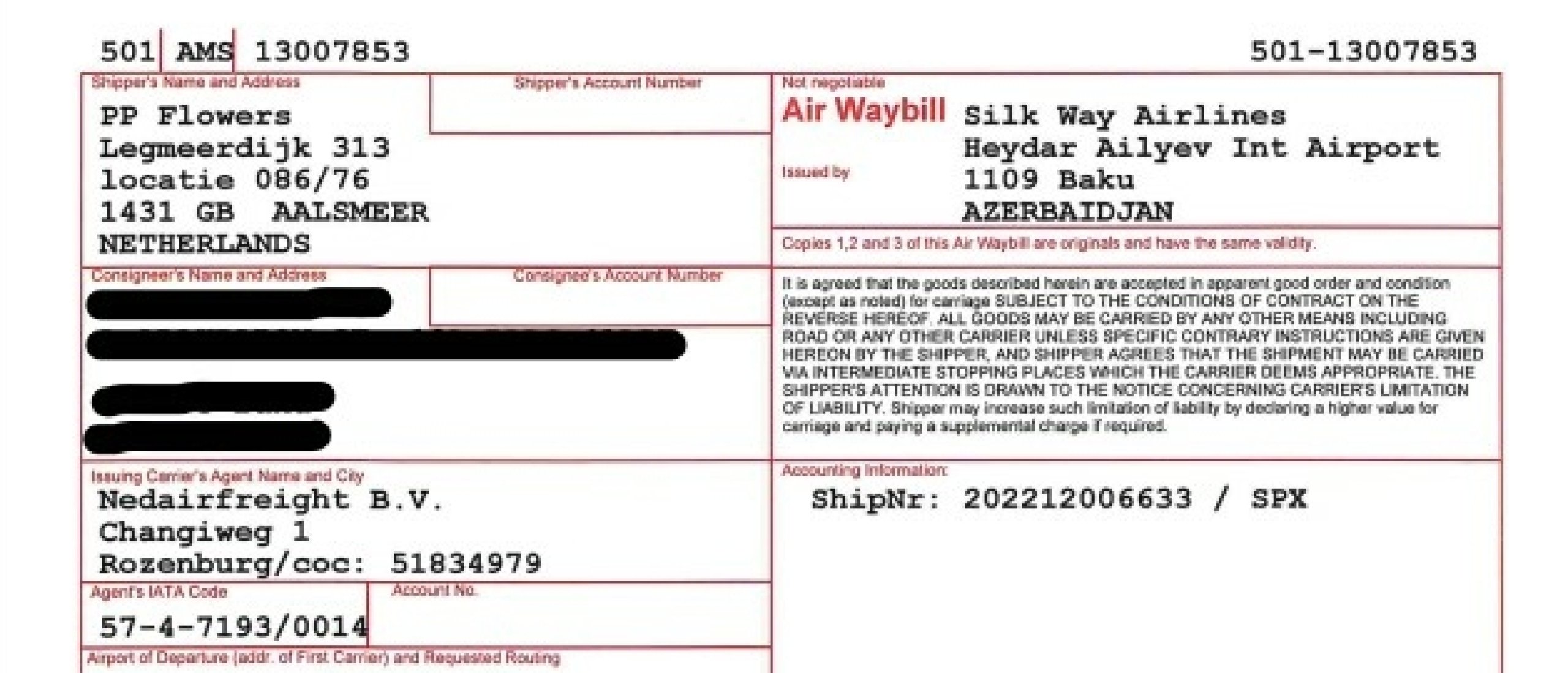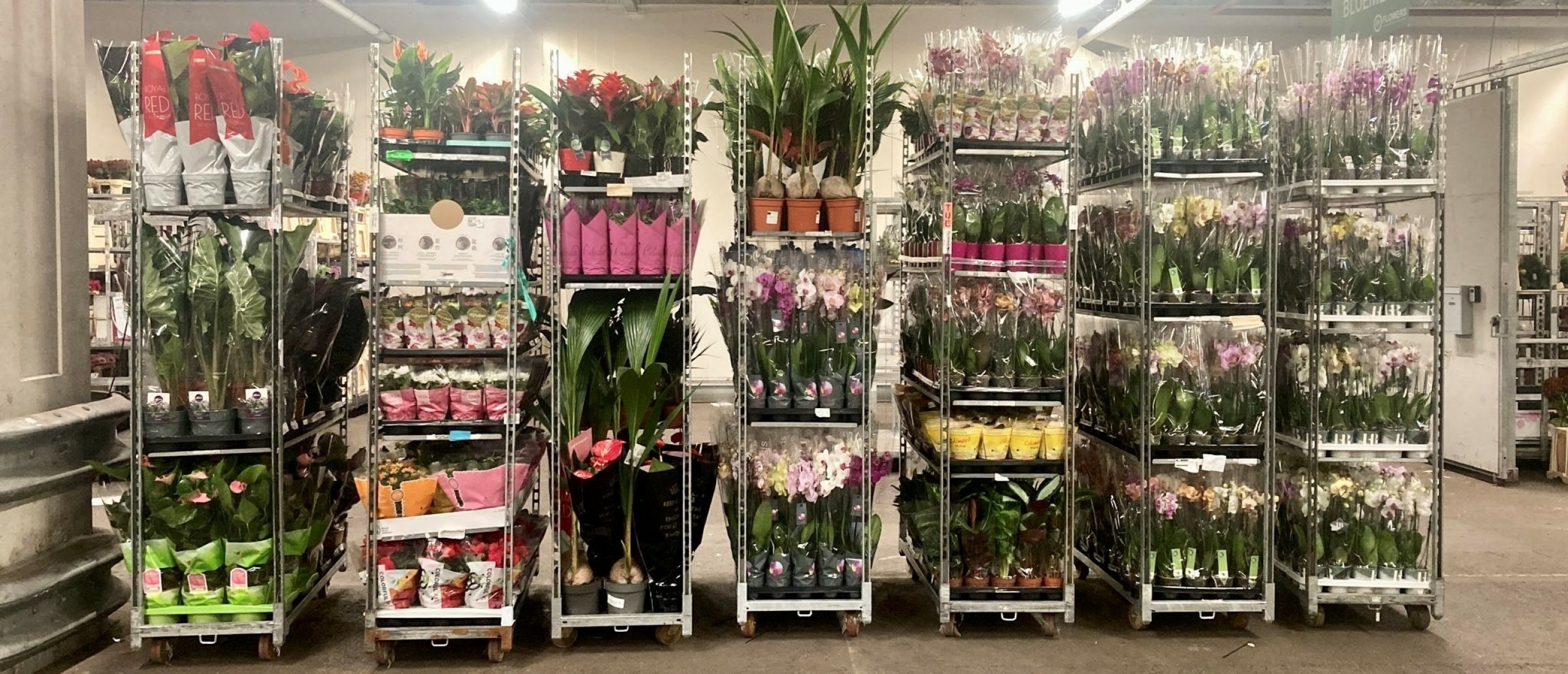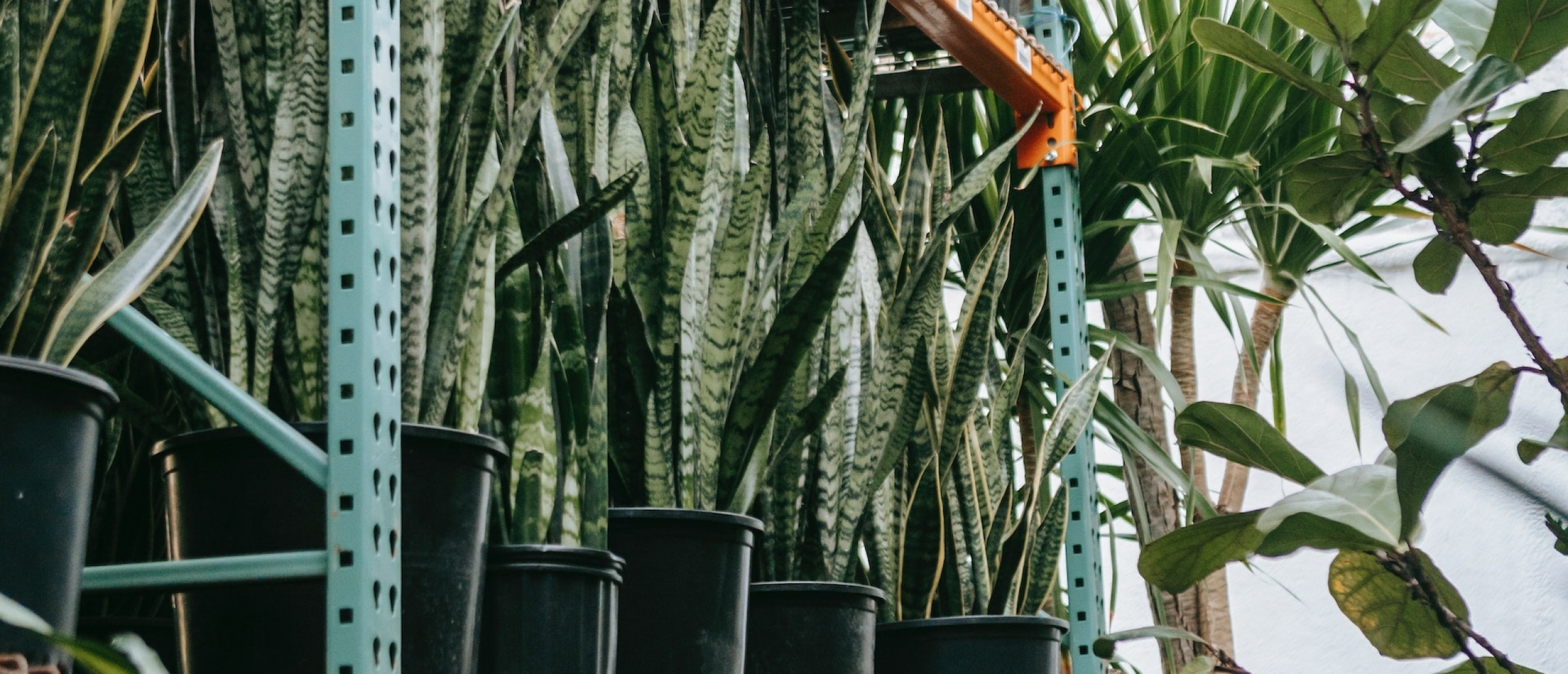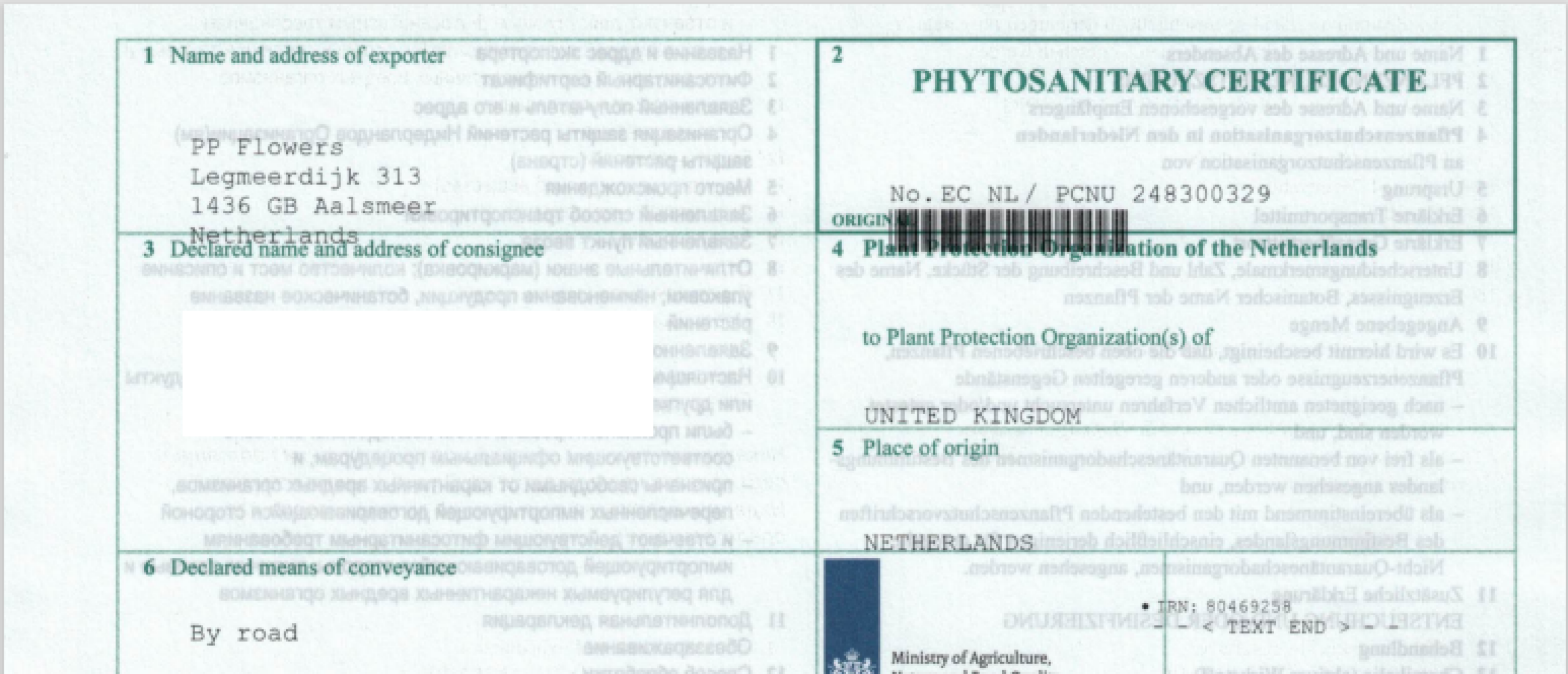
How to make a Phytosanitary certificate for plants
Navigating the complexities of international plant trade requires a thorough understanding of phytosanitary regulations and certification processes. In this article, we delve into the world of phytosanitary certificates for plants, exploring what they are, why they're essential, and how they're obtained.
What is a phytosanitary certificate?
A phytosanitary certificate is an official document issued by the National Plant Protection Organization (NPPO) of a country to certify that plants and plant products meet the phytosanitary requirements of the importing country. It verifies that the plants are free from pests and diseases and are in compliance with international regulations.
What’s in the phytosanitary certificate?
The phytosanitary certificate contains essential information about the shipment, including details about the exporter, importer, consignee, origin of the plants, type and quantity of plants, and any treatments applied. It also includes declarations by the NPPO confirming that the plants meet the phytosanitary requirements of the importing country.
Which organizations work with the certificate?
Phytosanitary certificates are utilized by customs authorities, border control agencies, and quarantine officials in the importing country to verify the compliance of plant shipments with their phytosanitary regulations. They are essential for facilitating international trade in plants and plant products while minimizing the risk of introducing pests and diseases into new regions.
Why do you need a phytosanitary certificate for plants?
You need a phytosanitary certificate for plants primarily for export purposes, especially when sending plants outside the European Union (EU). This certificate verifies that the plants are free from pests and diseases and comply with the phytosanitary regulations of the importing country. It serves as official documentation to ensure the health and safety of plants during international trade, helping to prevent the spread of pests and diseases across borders. Additionally, some countries may require a phytosanitary certificate for cut flowers as well.
Export outside the EU
For exporting plants outside the EU, a phytosanitary certificate is required. In some countries, this certificate is also necessary for cut flowers. To determine the specific documents needed, it's best to consult your country's government. This certificate must be generated for each shipment.
Differences between countries
Each country may have its own specific requirements and procedures for obtaining a phytosanitary certificate. It's essential to familiarize yourself with the regulations of the importing country and ensure compliance to avoid any delays or rejections of your plant shipments.
Phytosanitary certificate for USA
Exporting plants to the USA requires adherence to strict phytosanitary regulations. A phytosanitary certificate issued by the appropriate authorities is mandatory for plant exports to the USA. This certificate verifies that the plants meet the phytosanitary requirements specified by the United States Department of Agriculture (USDA) to prevent the introduction of pests and diseases into the country.
Phytosanitary certificate for India
Exporting plants to India also necessitates a phytosanitary certificate. The Indian government's Ministry of Agriculture and Farmers Welfare oversees the importation of plants and plant products, requiring compliance with phytosanitary regulations to ensure the health and safety of India's flora. The phytosanitary certificate confirms that the exported plants meet India's phytosanitary standards, safeguarding the country's agriculture from potential threats.
Export within the EU
While a phytosanitary certificate is not required for exporting plants within the EU, certain regulations and documentation may still apply, depending on the specific plant species and destination country. It's advisable to check with the relevant authorities to confirm any requirements for intra-EU plant shipments.
Phytosanitary certificate for The Netherlands
Even within the Netherlands, certain phytosanitary measures apply to the movement of plants. While no certificate may be necessary for domestic shipments, compliance with internal phytosanitary regulations ensures the health and integrity of the country's plant life. This may involve inspections by relevant authorities to prevent the spread of pests and diseases within Dutch borders, contributing to the overall biosecurity of the nation's agricultural sector.
What are the costs of a Phytosanitary certificate?
The cost is approximately €100 for each inspection and document creation.
What do you need to do to make your own certificates?
To make your own phytosanitary certificates, you have to follow a few steps. We will explain.
Applying for an NVWA account
To create phytosanitary certificates for your plant shipments, you'll need to apply for an account with the NVWA (Netherlands Food and Consumer Product Safety Authority). The application process typically involves providing relevant information about your business and verifying your eligibility to use the E-cert system.
Completing the certificate application
Once you have access to your NVWA account and the E-cert system, you can begin filling out the phytosanitary certificate application for each plant shipment. This includes entering details such as the shipment date, destination, type and quantity of plants, and grower information.
Requesting inspection
After completing the certificate application, you'll need to submit a request for inspection to the NVWA. An inspection service will then visit your location to inspect the plants and verify that they meet the phytosanitary requirements of the importing country.
Receiving the certificate
If the inspection is successful and the plants are deemed compliant, the NVWA will issue the phytosanitary certificate for the shipment. This certificate will accompany the plants during transportation and serve as proof of compliance with international phytosanitary regulations.
Phytosanitary certificates arranged by PP Flowers Wholesale
We handle this documentation on a daily basis. Therefore, when you order plants from us, we will take care of arranging the phytosanitary certificate for you. Contact us for more information and have a look in our webshop!



